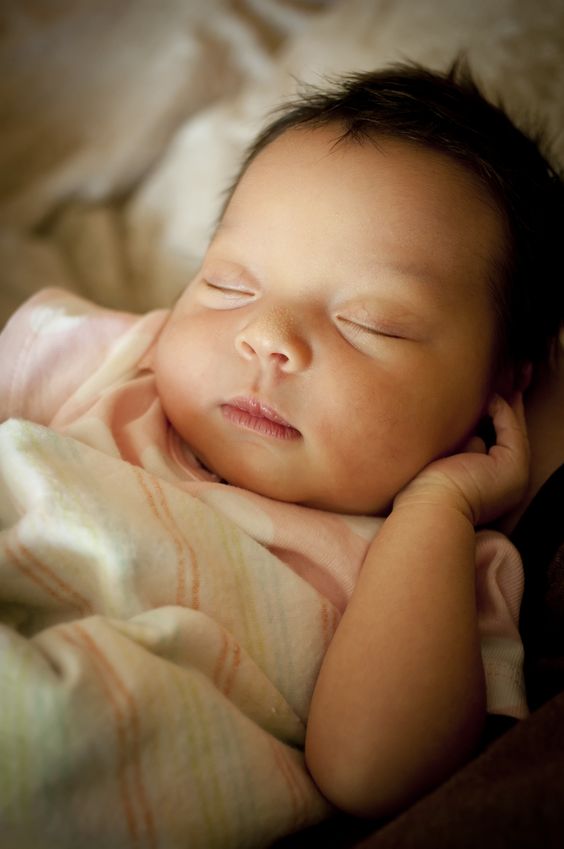Parents often debate the best sleep practices for their babies, as their seemingly, erratic sleep schedule can be a challenging time. Nearly 20-30% of adults in many different countries report that babies waking up and crying is the most common sleep problem to overcome.
According to a new video study, babies who can “resettle,” or soothe or themselves back to sleep after waking up are more likely to sleep for longer periods of time throughout the night.
Published in the June edition of the Journal of Developmental & Behavioral Pediatrics, lead study author Ian St James-Robert and his team at the University of London found that babies can soothe themselves back to sleep by 3 months old.
Infrared video data was collected on 101 London babies as they slept at night, with the focus on discovering changes in their snooze and wake up times from 5 weeks old to 3 months old. This is normally the time period in which parents are hoping their baby will begin to sleep more and cry less.
The research team took note of the time babies woke up during night, but put themselves back to sleep without the help of their parents, comparing the overall video evidence to the answers parents gave on questionnaires regarding their babies sleep behavior.
67% of babies who soothed themselves back to dreamland in their first video recording slept for a continuous 5 hours in their second video, compared to only 38% who couldn’t get back to sleep.
Additionally, the results showed that babies who spent more time sucking their hands or fingers were able to sleep through the night.
“[The] Findings indicate the need for studies of how arousal, waking and resettling develop into sustained sleeping, and of how environmental factors support these endogenous and behavioral processes,” explains Dr. St James-Roberts in a press release. “If they fulfill their promise, the findings may eventually help to resolve the puzzle of why so many healthy infants should be diagnosed with sleep problems, as well as helping the families involved.”


No comments yet.